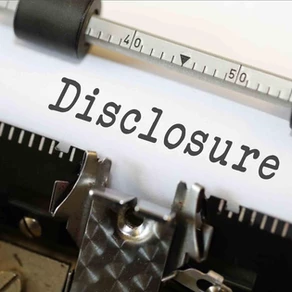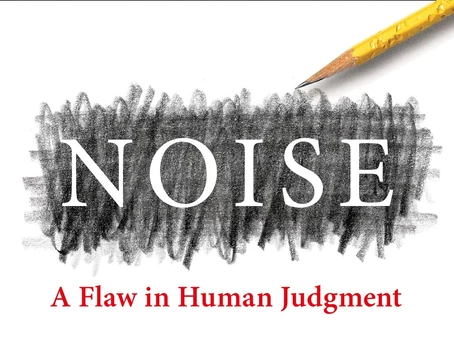We know that bias is responsible for a lot of erroneous research results. We also know that bias is very powerful in making even people with the best intentions embellish, misrepresent and even lie without knowing it. Even as I write this blog, I know that I have biases that influence my writing. So can't we just do away with bias, learn to mitigate it or develop strategies to avoid it?
The real question is should we cure bias? Biases are not all bad. Our biases drive our wants, or perception and interpretations of what we observe and are part of our personalities. Our biases are (at least part of) what makes us human. Curing biases (lobotomy anyone?) wouldn't necessarily make researches better. So if not curing bias altogether, can we eliminate it somehow? Maybe just avoid biases that come from personal financial gain?
Indeed, in many medical journals and conferences there are often requirements for authors and presenters to disclose their financial conflicts of interest because they are known to lead to bias. Recently there have even been calls to ban people with financial conflicts of interests from publishing evidence as it cannot be trusted (see further reading link below). Isn't that working?
Financial conflicts of interest usually means that a company making New Drug is too conflicted to fairly evaluate the drug. However, they are also the only ones with a motive to do so and banning them means no one is likely to fund the evaluation. But it's not even as simple as that. Any expert in the field of New Drug is likely to be financially conflicted. Maybe it's the manufacturer of Old Drug that is set to be replaced by New Drug. Maybe it's a Voodoo Shaman who is set to lose clients when a new and effective drug is found. Maybe it's an academic whose promotion depends on the potentials of New New Drug to be better than Old Drug and New Drug makes that promotion harder; and these are just the direct financial conflicts of interest that don't normally require disclosing.
Non-financial conflicts of interest such as religious beliefs, conservatism (as in risk-aversion) and many more are probably just as strong in causing bias. They are just harder to measure. So is science doomed?
Not entirely. Scientists are generally aware of some of their biases and try to do the right thing. Peer review helps. Transparency and disclosure are the main elements to allow readers to base decisions on their own biases (and that is considered "fair"). We can build on these, make research more transparent and more open.

I work for, and own shares in, a company that makes research automation tools designed to reduce bias in medical research by making it more transparent and open. I stand to gain financially, directly or indirectly, if more people believe that medical research can be improved by more transparency and openness.
Further reading: 'Cannot be trusted ... causing harm': Top medical journal takes on big pharma







Leave a Reply
Comments, questions or queries? Let us know!"